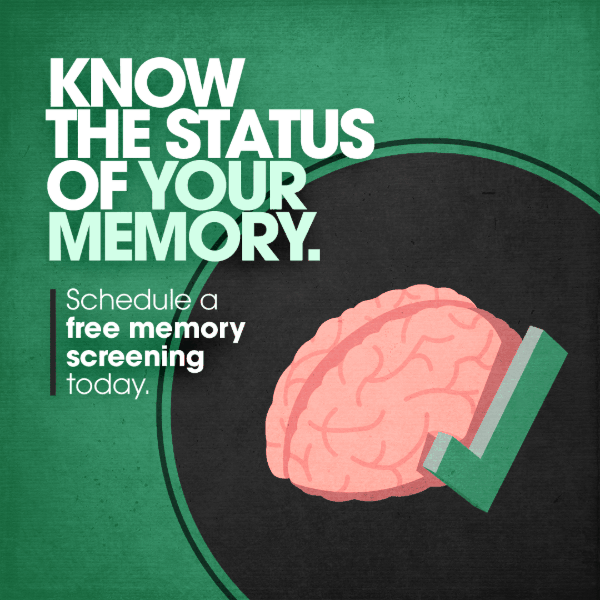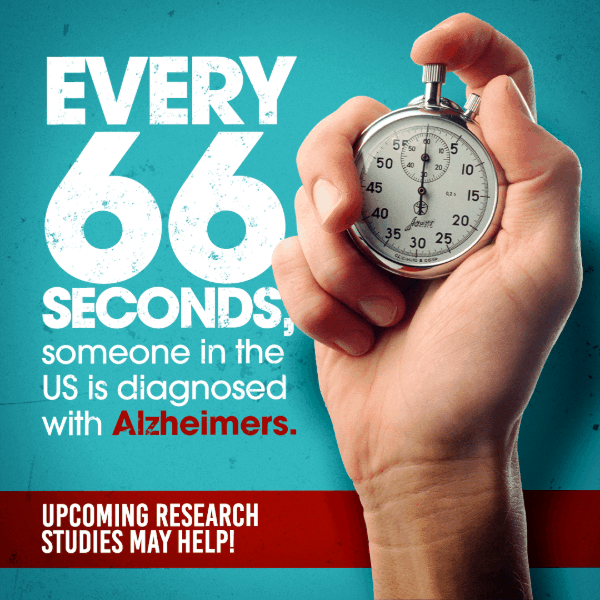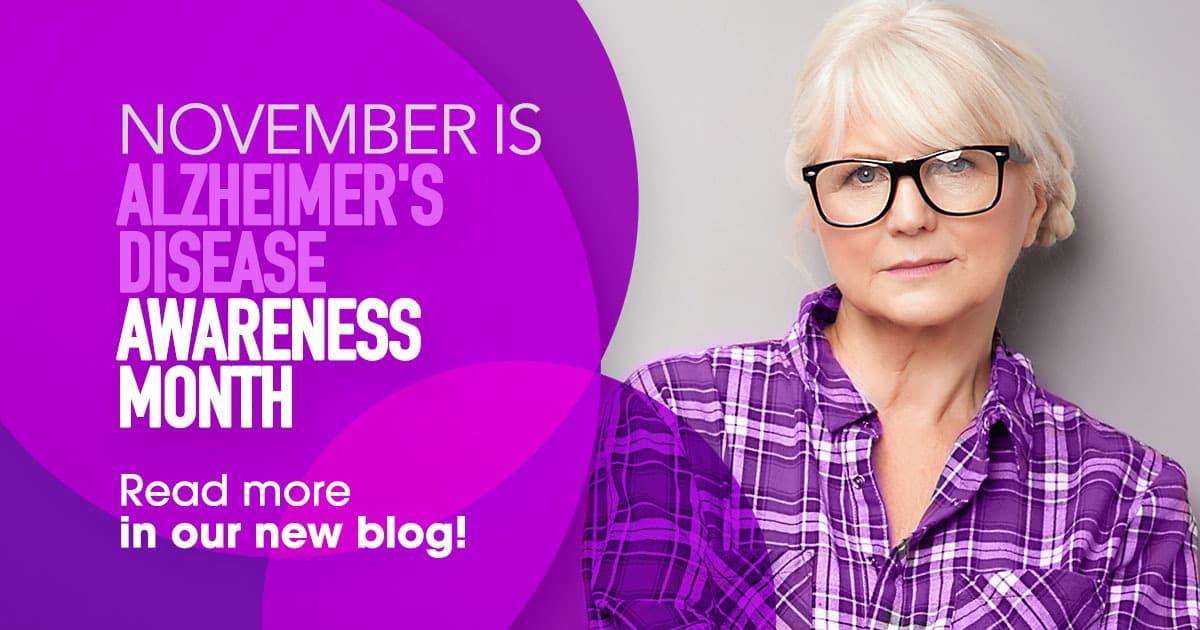Almost 6 million Americans are living with Alzheimer’s disease (AD). Most of us know at least one person who has been impacted by Alzheimer’s, but not everyone understands what it is and what they can do about it. November is National Alzheimer’s Awareness Month, and people all over the country are putting on their walking shoes to educate the community and make a local impact.
Alzheimer’s Disease
Alzheimer’s disease is a degenerative brain disorder that destroys your thinking skills, memory, and, eventually, the loss of ability to care for yourself. AD is the most common form of dementia. It causes nerve cell damage and tissue loss throughout the brain, shrinking it dramatically until nearly all functions are affected.
Early stages include memory, thinking, and planning issues. Confusion, trouble handling money, changes in personality, and behavior develop in the middle stages. In the advanced stages, those affected lose their ability to communicate, cannot recognize loved ones, and cannot care for themselves.
Join the Awareness Movement
Some mild to moderate memory loss is normal as we age, but AD is not a part of the aging process. The Alzheimer’s Foundation of America (AFA) commemorated November as a time to take better care of our bodies and brains and to take part in early intervention screenings, especially if you are at risk. The program’s “Virtual Walk in the Park” raises funds for local community programs such as:
- Free daily virtual programs, including art, music, dance, and exercise classes
- Free virtual educational programs
- Providing answers, guidance, and support through the AFA National Helpline, seven days a week
- Free online memory screenings
You can join one of the existing teams, create your team, or participate individually. Each team sets a goal to raise money by sharing their fundraising and walking journey with family, friends, co-workers, and social media pages. The walks and fundraising go through the entire month of November, so it’s never too late to get started. Visit AFA’s event page to learn more or get registered today.

Early intervention is vital when it comes to AD. Getting screened for memory issues is the first step in determining if your symptoms are caused by an underlying health issue. With treatment, these may resolve or a complete evaluation may be necessary. When caught early, AD progression can be slowed. Also, you get the opportunity to play a role in your quality of life planning while you still can.
The Future of Alzheimer’s Care
There is no cure for Alzheimer’s. However, clinical research studies are finding new ways to detect, treat, and ultimately cure this disease. In late October, C2N Diagnostics announced that the first blood test is now available to help physicians in the early detection and diagnosis of Alzheimer’s. It is a huge milestone for memory and dementia care, answering the need for less costly and accessible diagnostic testing.

While more promising AD opportunities are underway, no advancements would not be possible without volunteers participating in clinical research studies.
References:
https://nationaltoday.com/national-alzheimers-disease-month/





